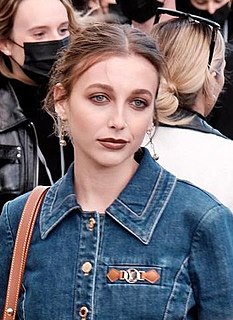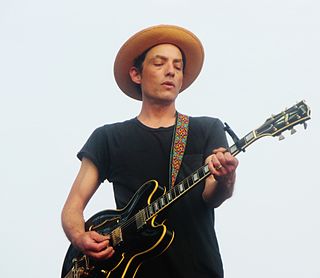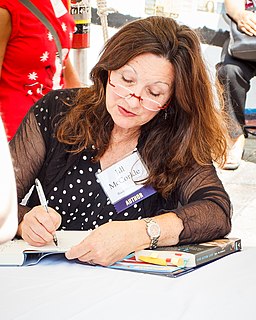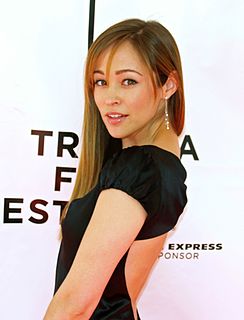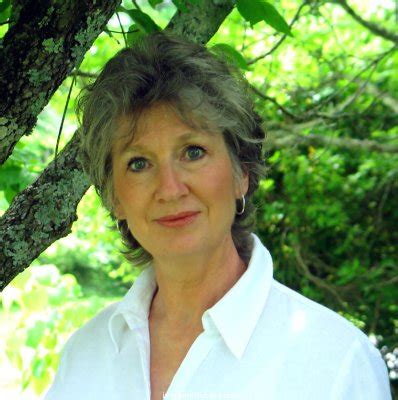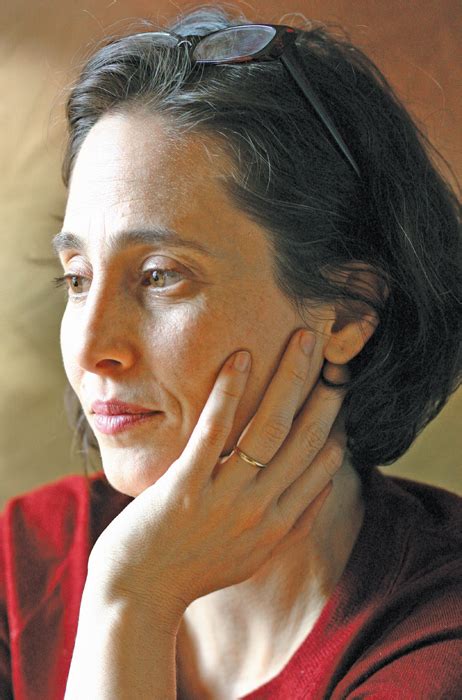A Quote by Emma Chamberlain
I had never seen anyone edit the way that I edit before I did it, and it's just what felt right to me.
Related Quotes
In TV, you are much more likely to see the episode closer to the script as written - in terms of the order of the scenes - than you would in a movie, and here's why: you don't have as many days to edit. You have 10 to 12 weeks or more to edit a feature, and you have four days to edit TV. That's a huge difference.
Take the time you need to learn the craft. Then sit down and write. When you hand over your completed manuscript to a trusted reader, keep an open mind. Edit, edit, and edit again. After you have written a great query letter, go to AgentQuery.com. This site is an invaluable resource that lists agents in your genre. Submit, accept rejection as part of the process, and submit again. And, of course, never give up.
